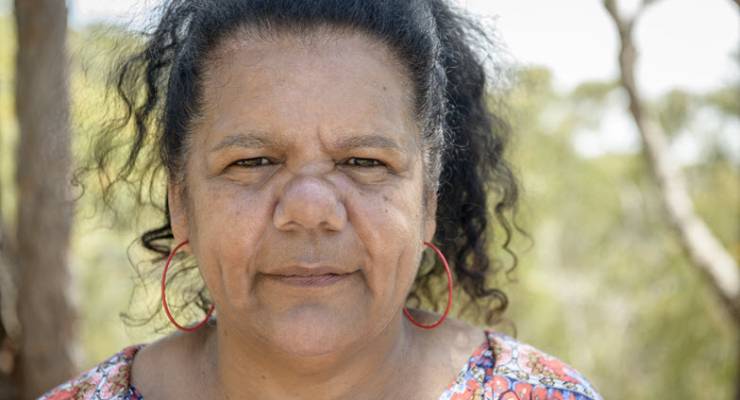
The National Community Attitudes Towards Violence Against Women Survey (NCAS) delivered a number of concerning findings last week. After surveying more than 17,500 people aged 16 and over, the study reported:
- a continuing decline in the number of Australians who understand that men are more likely to perpetrate violence than women;
- two in five Australians believe gender inequality is exaggerated or no longer a problem;
- and two in five Australians believe that women make up false reports of sexual assault in order to punish men.
Buried deeper in the report, however, is analysis that reveals just which factors predict these views.
Overwhelmingly, it was found that having a low level of support for gender equality is the strongest predictor of attitudinal support for violence against women. More revealing, however, was the fact the third-highest predictor was a construct that had never been measured before: prejudice on the basis of disability, sexuality, ethnicity and Aboriginal and Torres Strait Islander status.
The survey found that those who had high levels of other forms of prejudice were also more likely to have high endorsement of attitudes supportive of violence against women, while those who had low levels of other forms of prejudice also had low endorsement of attitudes supportive of violence against women.
Kristin Diemer, one of the principal authors of the report, said the result was important, but not necessarily surprising.
“It does confirm other international research which shows, for example, that if you give people an example of an African-American woman who is a victim of violence, and another with a white woman, with no other differences in the scenario, participants will be more likely to attribute culpability to the victim of the scenario when she is African-American.
“This supports what we already know in the family violence sector: that women of colour are victims of double jeopardy in terms of both racism and gendered discrimination. The same is true of other forms of marginalisation: we know that violence against women is exacerbated by cultures of homophobia, ableism and classism.”
Perhaps the most important implication of the finding, said Diemer, was that while gender inequality remained the most pressing issue to address, this must be done so in an intersectional way.
“We know that attitudes towards gender inequality are by far the greatest predictor of attitudes that support violence against women. However, these findings show that we must look at the way various forms of discrimination interact and shape experience, rather than trying to address them independently.”
The report argues, for example, that women who experience multiple forms of marginalisation may be more likely to internalise some of the structural oppression they experience.
“This can play out in multiple ways,” says Diemer. “It also might be that their awareness of the discrimination they and men in their community are subject to then serves as a further barrier to help-seeking.
“For example, we know that Aboriginal and Torres Strait Islander women fear that men in their community will be treated unfairly in the criminal justice system — and this fear is not unfounded, given the disproportionate rates of incarceration of Aboriginal and Torres Strait Islander men.”
Following on from these findings, the report also notes that research indicates prejudicial attitudes of all kinds might be underpinned by two deeper philosophical orientations: the desire to preserve traditional values and maintain collective security and cohesion (sometimes called “right wing authoritarianism” in academia); and a desire to subjugate groups that are perceived as weak or inferior (sometimes called “social dominance orientation”).
The NCAS has run every four years since 1995, and Diemer said future iterations may well need to explore these concepts further.
“These are important concepts to measure given the current political climate worldwide, because research does suggest that these kinds of beliefs are linked to all forms of prejudice. It may be that violence and cultures supportive of violence reinforce not just gender hierarchies, but also hierarchies based on race, disability, sexuality, class and ethnicity.”
If you or someone you know is impacted by sexual assault or family violence call 1800RESPECT on 1800 737 732 or visit 1800RESPECT.org.au. In an emergency, call 000.








Crikey is committed to hosting lively discussions. Help us keep the conversation useful, interesting and welcoming. We aim to publish comments quickly in the interest of promoting robust conversation, but we’re a small team and we deploy filters to protect against legal risk. Occasionally your comment may be held up while we review, but we’re working as fast as we can to keep the conversation rolling.
The Crikey comment section is members-only content. Please subscribe to leave a comment.
The Crikey comment section is members-only content. Please login to leave a comment.